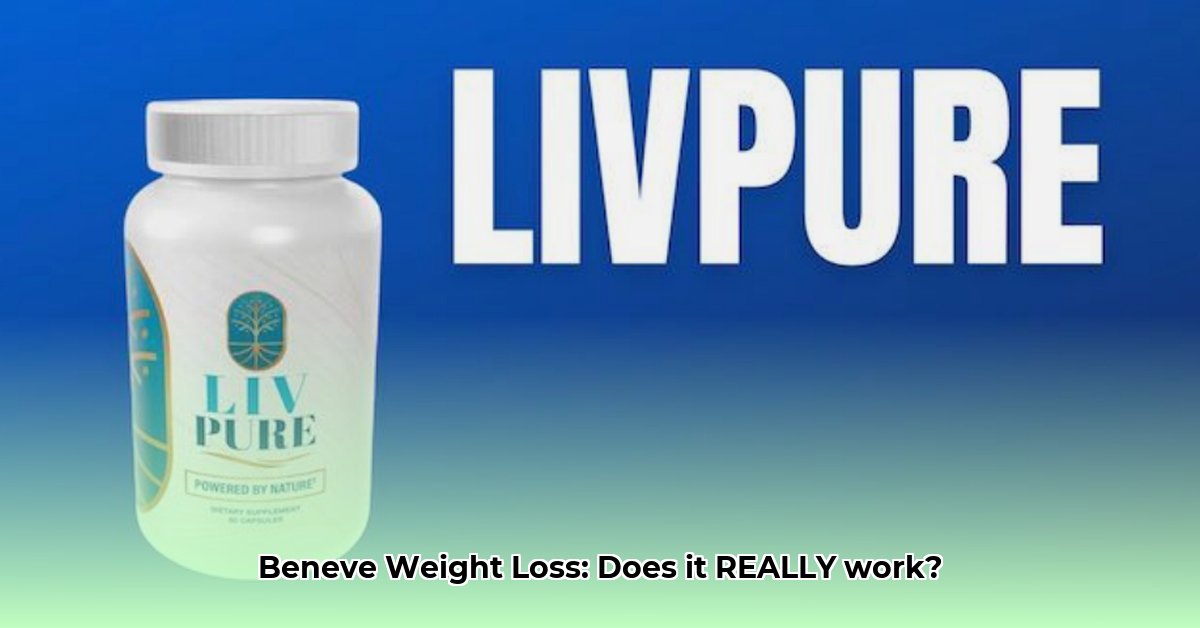
Beneve Weight Loss Reviews: A Critical Analysis
Losing weight is a common goal, and many seek shortcuts through weight-loss supplements. Beneve, marketed through a multi-level marketing (MLM) structure, claims to aid in weight loss. However, online reviews present a conflicting picture, prompting a closer examination of its efficacy and safety. This review analyzes user experiences, scientific backing (or lack thereof), MLM concerns, and broader weight-loss scam awareness to provide consumers with informed decision-making tools.
Beneve Review: Separating Fact from Fiction
Beneve weight loss reviews reveal a mixed bag of experiences. Positive feedback frequently mentions increased energy, often attributed to the caffeine content. However, these accounts lack rigorous scientific validation and could stem from placebo effects. Conversely, numerous negative reviews highlight a lack of significant weight loss and the occurrence of adverse effects such as jitters, nervousness, and even heart palpitations in some users. Crucially, the absence of transparent ingredient information raises significant safety concerns. Without knowing the precise formulation, it's impossible to definitively assess its potential risks. This lack of transparency is a major red flag.
Scientific Evidence (or Lack Thereof)
A critical deficiency in the Beneve narrative is the conspicuous lack of credible scientific evidence to support its weight-loss claims. Independent studies verifying its efficacy are absent. Testimonials alone cannot substantiate a product's effectiveness. Reliable weight-loss strategies rest on rigorous scientific research, not anecdotal evidence.
MLM Concerns: The Influence of Incentive
Beneve's MLM distribution model introduces a significant conflict of interest. Individuals selling the product often receive financial incentives, potentially skewing their endorsements. This structure raises concerns about the authenticity and objectivity of many online reviews, making it challenging to discern genuine user experiences from incentivized testimonials. Moreover, MLM models frequently involve high upfront costs and pressure tactics, which should raise immediate red flags.
Weight Loss Scams: A Broader Perspective
The weight-loss industry unfortunately attracts numerous scams. Beneve's mixed reviews and MLM structure share characteristics with these fraudulent schemes. Common red flags include promises of rapid, effortless weight loss, vague ingredient lists, misleading before-and-after photos, and high-pressure sales tactics. Consumers must cultivate skepticism and critical thinking when evaluating weight-loss products.
- Unrealistic Promises: Beware of claims promising immediate, significant weight loss without lifestyle changes.
- Vague Ingredient Lists: A lack of transparency regarding ingredients constitutes a critical red flag.
- Manipulative Marketing: Scrutinize overly enthusiastic testimonials and exaggerated before-and-after photos.
- Aggressive Sales Tactics: High-pressure sales techniques are frequently associated with scams.
Actionable Intelligence and Conclusion
Consumers must adopt a proactive, informed approach to weight-loss products. Regulatory bodies, meanwhile, need to increase scrutiny of MLM models and products lacking transparency.
Actionable Steps for Consumers:
- Consult a Healthcare Professional: Discuss weight-loss goals and potential supplement use with your doctor or registered dietitian.
- Conduct Independent Research: Investigate independently, relying on reputable sources for information on ingredients and scientific studies.
- Scrutinize All Claims Critically: Approach all weight-loss claims with skepticism; if it sounds too good to be true, it probably is.
- Seek Unbiased Reviews: Look for reviews from independent, unbiased sources, not just those associated with the product.
- Report Suspicious Practices: Report any deceptive marketing or sales practices to consumer protection agencies.
Actionable Steps for Regulators:
- Strengthen MLM Regulations: Increase scrutiny of MLM companies, particularly regarding product claims and sales practices.
- Require Transparent Ingredient Lists: Mandate clear labeling of all ingredients in weight-loss supplements.
- Fund Independent Research: Support independent research to verify claims made by weight-loss products.
- Increase Consumer Education: Expand public awareness of weight-loss scams and deceptive marketing tactics.
In conclusion, Beneve's weight-loss claims lack robust scientific support. The MLM structure raises concerns regarding review authenticity and pricing. Consumers should prioritize sound health practices, critical thinking, and reliance on evidence-based information. Sustainable weight loss is a holistic journey demanding healthy lifestyle choices, not quick fixes.